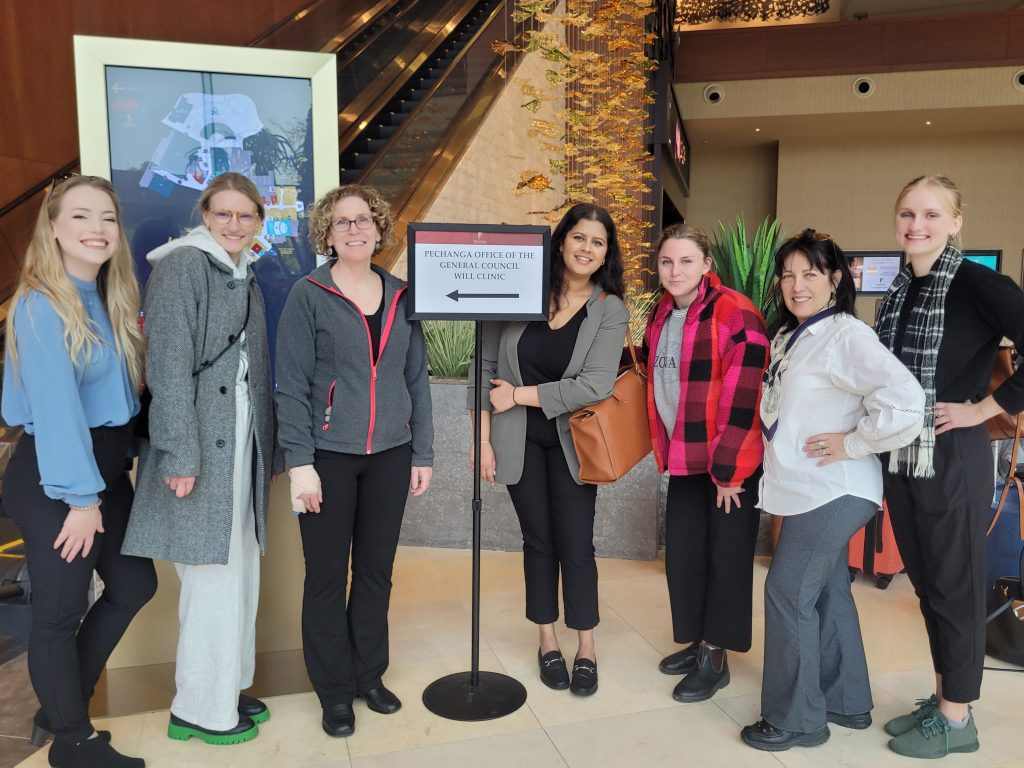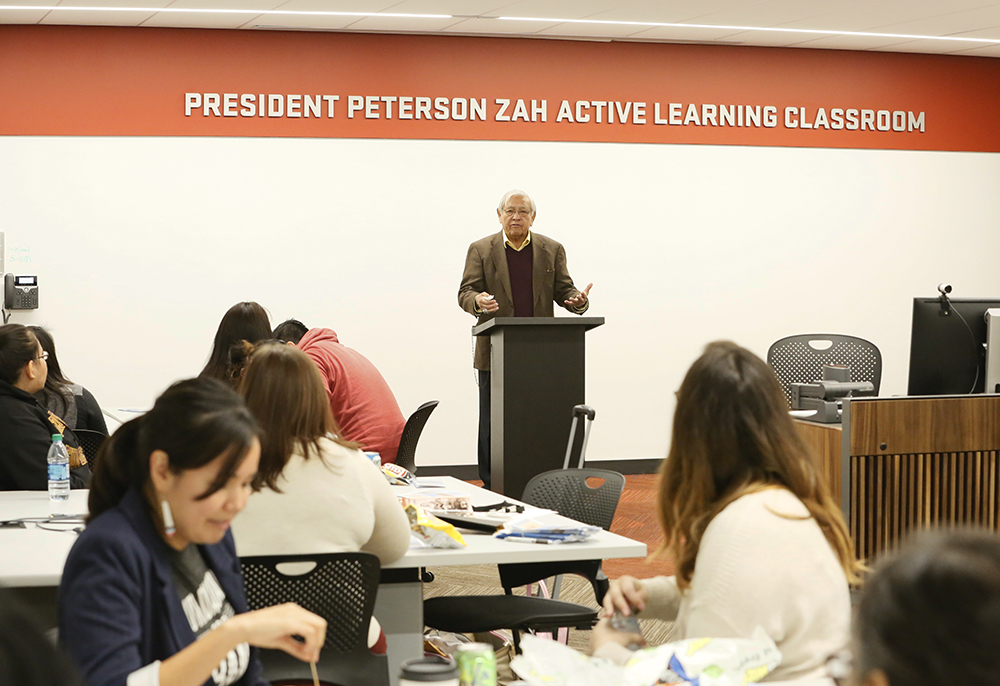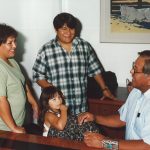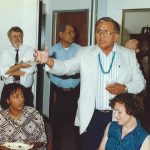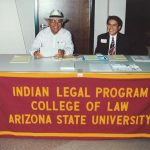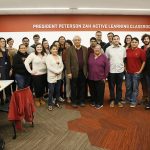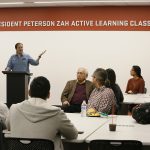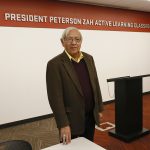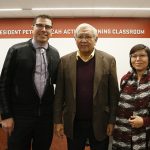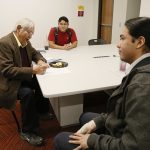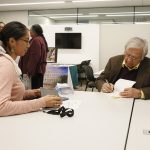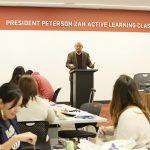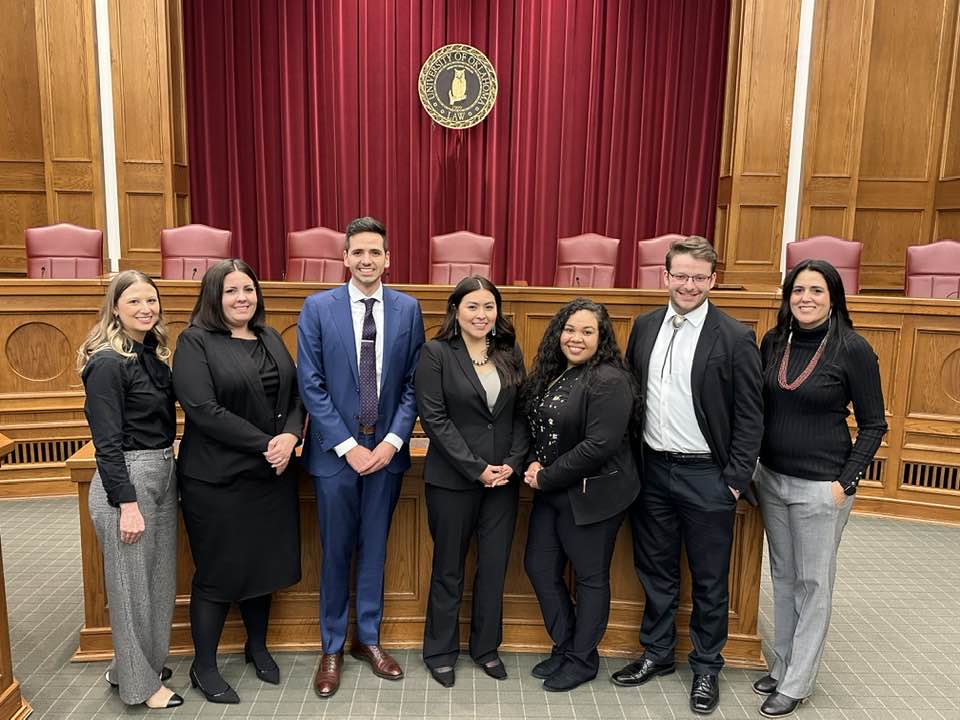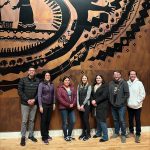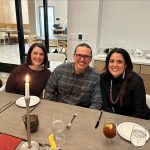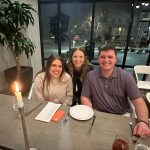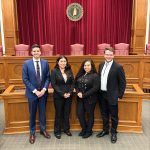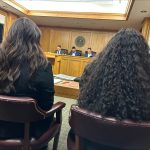International conference was a success
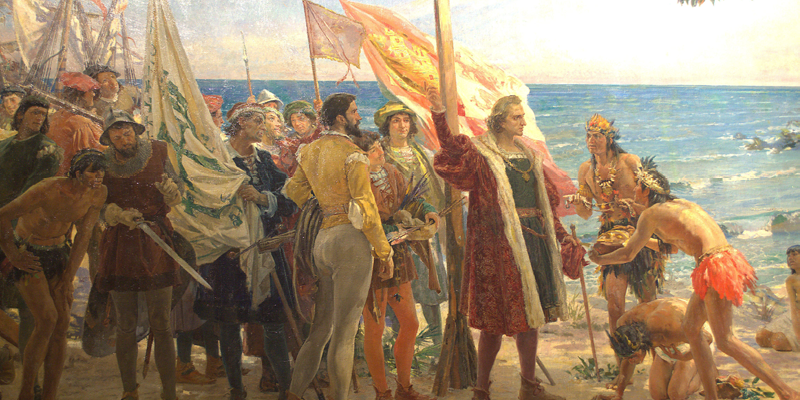
On March 10, the ILP hosted a virtual event “Unraveling the International Law of Colonialism: The 200th Anniversary of Johnson v. M’Intosh.”
Johnson v. M’Intosh is an 1823 U.S. Supreme Court case that used the Doctrine of Discovery to justify denying Native Americans and Indigenous Peoples’ legal rights to their ancestral lands. We had eight Indigenous speakers from South Africa, Norway, India, Canada, New Zealand, and the United States. Our other five speakers added immeasurably to the program. Professor Robert Miller presented and moderated the webinar with 12 speakers to discuss how the Doctrine of Discovery has impacted Indigenous nations and peoples all over theworld but most importantly how Indigenous peoples are fighting back to “unravel” this international law of colonialism.
We thank each of our esteemed speakers and staff for making this a great success. We couldn’t put on these kind of events without the great work of Kate, Theresa, Danielle and Lindsay. We had over 800 registrants and the recording is now available to everyone in the world.
If you missed the webinar, watch the recording.
An article “The International Law of Colonialism: Johnson v. M’Intosh and the Doctrine of Discovery Applied Worldwide” published by Professor Miller that includes a detailed timeline of the Supreme Court case.

